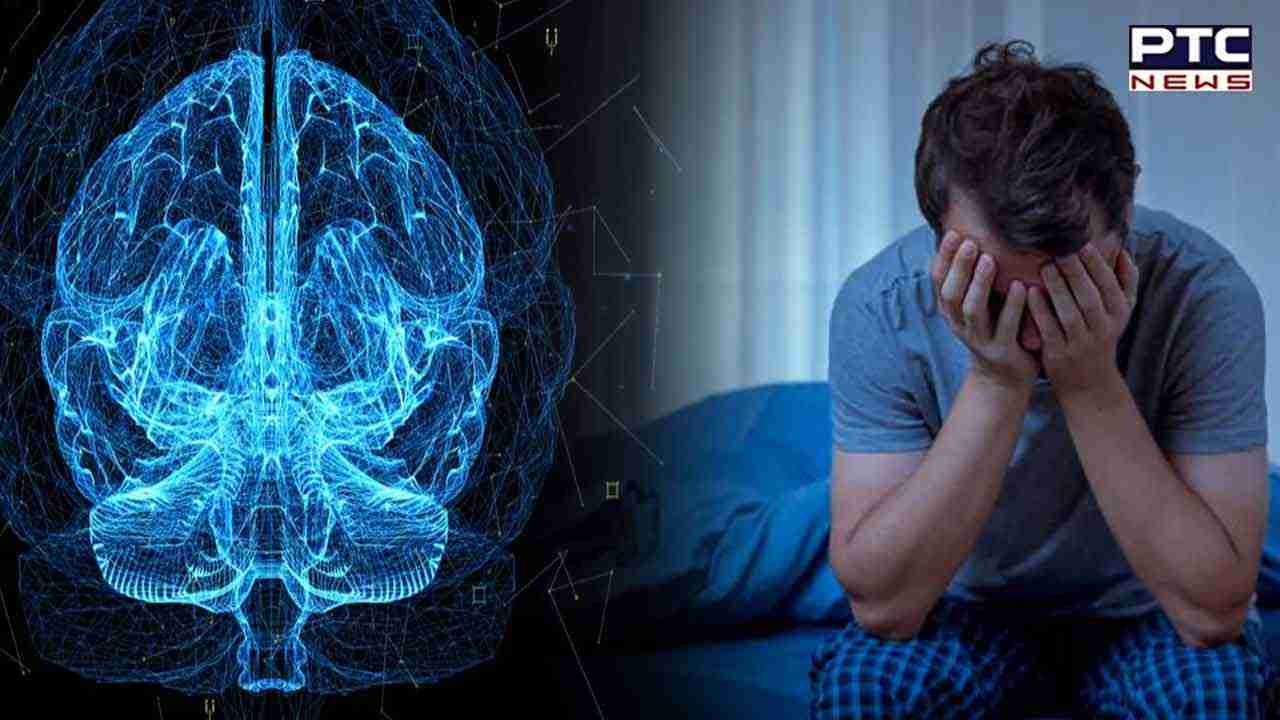

Depression & Sleep: Consistent lack of sleep linked to future depressive symptoms
Depression & Sleep Linked: According to the recent study, sleeping less than five hours per night may increase the risk of getting depressive symptoms.
Historically, poor sleep has been seen as a side effect of mental ill health, but this study found that the link between sleep and mental illness is more complex.
With an average age of 65 and found short sleep was associated with the onset of depressive symptoms.

According to the study the people with a stronger genetic predisposition to short sleep (less than five hours in a given night) were more likely to develop depressive symptoms over 4-12 years, but that people with a greater genetic predisposition to depression did not have an increased likelihood of short sleep.
Short and long sleep durations, along with depression, are major contributors to public health burden that are highly heritable. Polygenic scores, indices of an individual's genetic propensity for a trait, are thought to be key in beginning to understand the nature of sleep duration and depressive symptoms.
The researchers assessed the strength of genetic predisposition among the ELSA participants using findings from previous genome-wide association studies that have identified thousands of genetic variants linked to a higher likelihood of developing depression and short or long sleep.
As part of a number of separate analyses to investigate the robustness of their results, the research team also looked at non-genetic associations between depressive symptoms and sleep duration.
It has been found that people sleeping five hours or less were 2.5 times more likely to develop depressive symptoms, while people with depressive symptoms were a third more likely to suffer from short sleep and could affect the results such as education, wealth, smoking status, physical activity and limiting longstanding illness.

It has also been found that a link between sleeping long and developing depressive symptoms, with participants sleeping longer than nine hours being 1.5 times more likely to develop depressive symptoms than those who sleep an average of seven hours. However, depressive symptoms were not associated with sleeping longer four to 12 years later, which corresponded to the genetic findings.
Both sleep duration and depression are partly inherited from one generation to the next. Earlier twin studies have suggested depression is about 35% heritable, and that genetic differences account for 40% of the variance in sleep duration.
- With inputs from agencies
